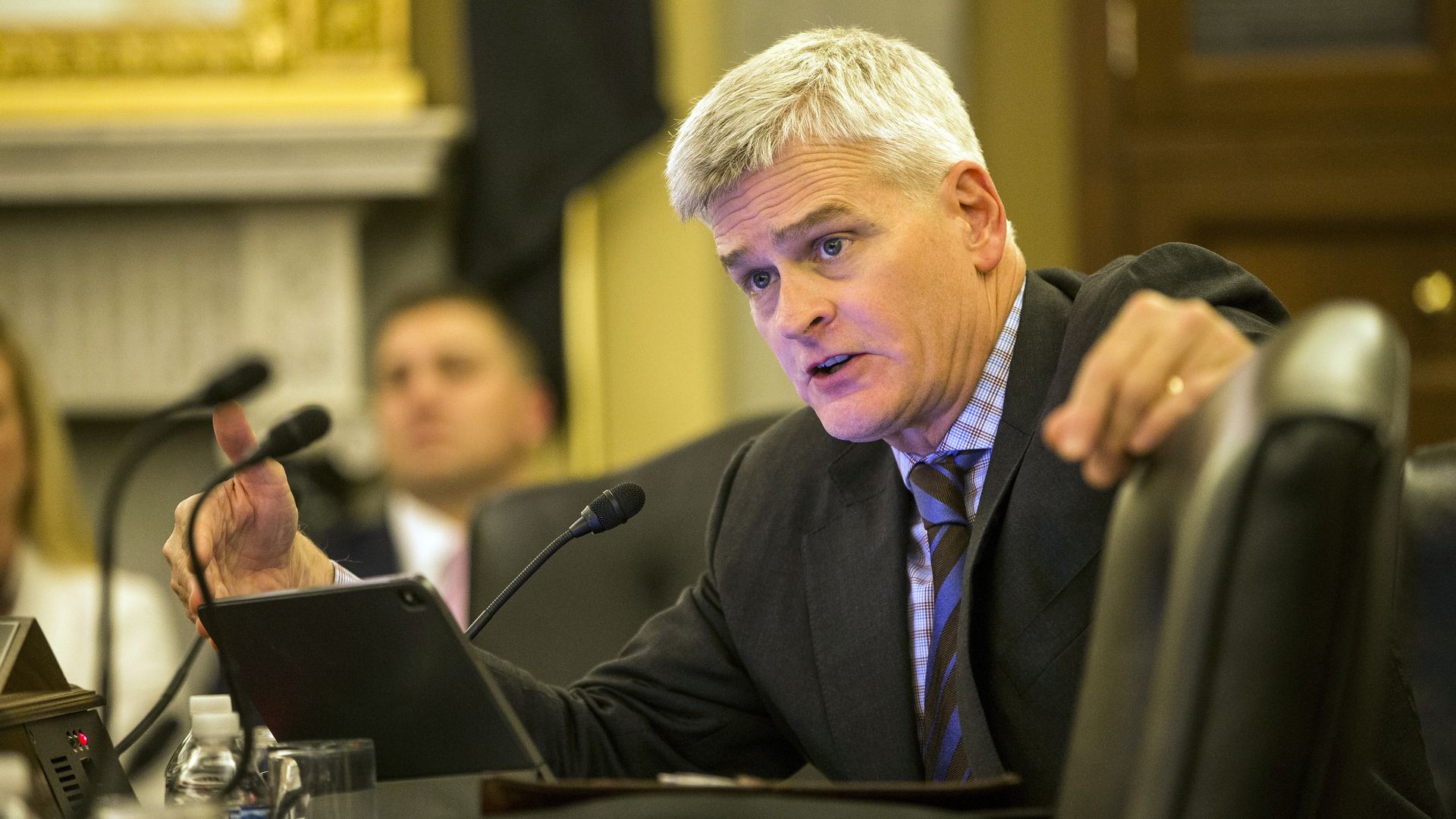While leaders on Capitol Hill thrash about on replenishing their own program to protect small-business workers, a bipartisan group in the Senate have begun work on Phase 4 of COVID-19 pandemic relief. The new focus for federal cash will fall on state and local governments that have seen revenue streams dry up as businesses shut down. Senators Bob Menendez (D-NJ) and Bill Cassidy (R-LA) have crafted a $500 billion bailout package that attempts to provide baseline cash while adjusting for both population and outbreak size.
Perhaps we should be surprised that the price tag is as low as it is. The ask matches that from the National Governors Association and is designed to quiet rising criticism from governors over the CARES Act, which only provided nominal funding in this direction:
A Republican and a Democrat in the Senate are proposing a $500 billion fund for state and local governments as part of the next comprehensive rescue package from Congress, to aid parts of the country reeling from the coronavirus pandemic. …
Menendez and Cassidy said they’re answering the call from the National Governors Association a week ago to establish a much larger “stabilization fund” for states.
Maryland Governor Larry Hogan, the NGA’s chairman, and New York Governor Andrew Cuomo, its vice-chairman, said on April 11 that without at least $500 billion, states would have to curtail essential services. The pair are Republican and Democrat, respectively.
The federal stimulus approved in March provides $150 billion for municipalities’ virus expenses but doesn’t address budget shortfalls and only helps states and cities with populations greater than 500,000. The Federal Reserve announced loans to states and only cities with over 1 million residents.
 |
The “doesn’t address budget shortfalls” is a big red flag here, and what moves this from relief to a bailout. One can understand why the federal government would provide subsidies earmarked for COVID-19 abatement efforts. Not only are those resources urgently needed, they also involve a truly interstate issue — tamping down the spread of the pandemic from hot spots like New York, New Jersey, and Louisiana into less-hard-hit neighboring states. However, states’ budget crises are not a federal issue, especially to the degree in which they don’t have anything to do with the present crisis. Funding those actions puts taxpayers in more fiscally responsible states on the hook for budget decisions over which they have no control.
In the acute crisis, though, that argument won’t fly in either the Senate or the House. At least it’s not a repeal of the state and local tax (SALT) deduction cap, as some governors demanded. It’s a one-off, or at least we can hope so, and politically it’s almost impossible at the moment to deny the funds.Read the rest of the story HERE.
If you like what you see, please "Like" us on Facebook either here or here. Please follow us on Twitter here.


No comments:
Post a Comment